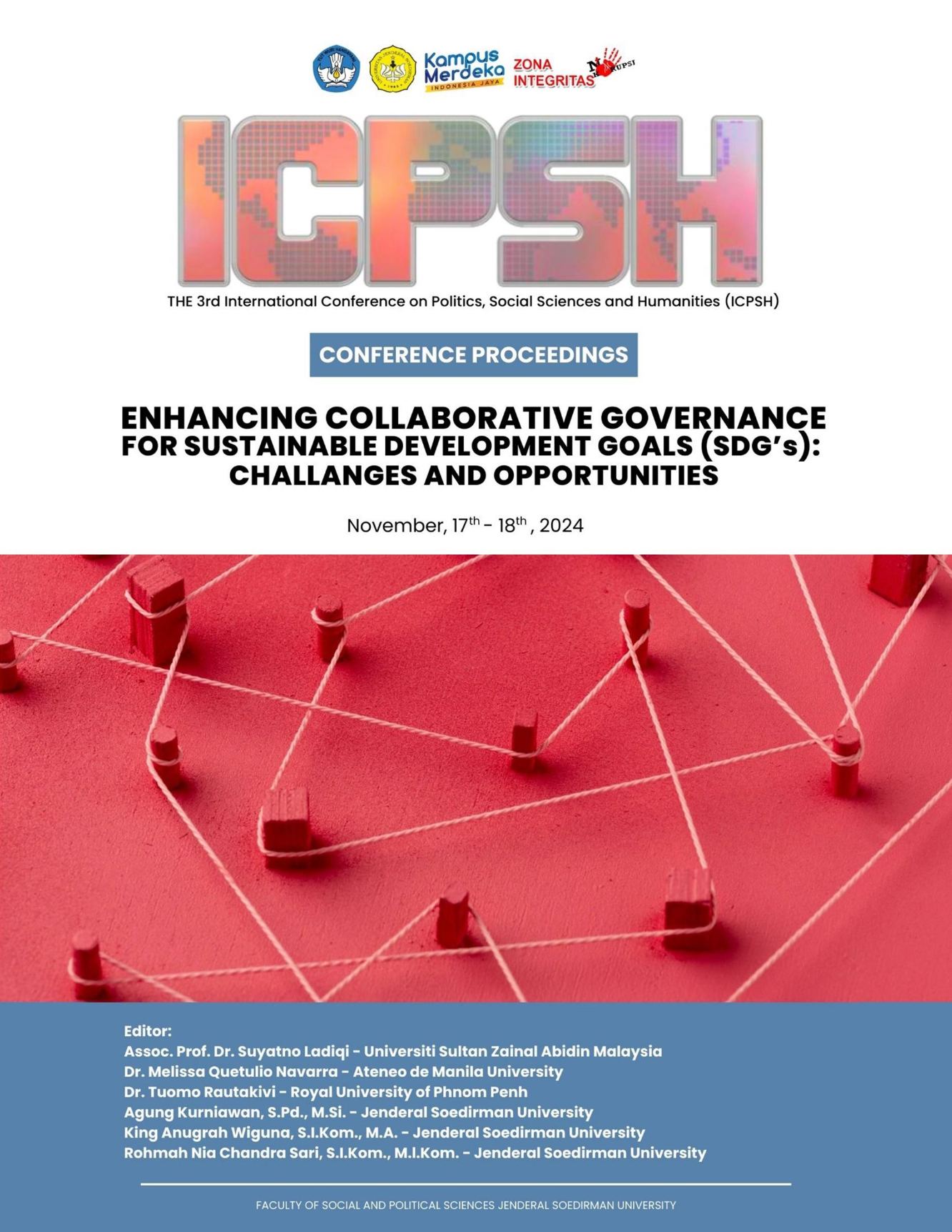Transforming Learning Through Quality Assurance and Educational Innovation for Sustainable Development Goals at LP3M Unsoed
Abstract
The Sustainable Development Goals (SDGs) are greatly advanced by higher education institutions through life-changing educational opportunities. This study examines the influence of quality assurance and educational innovation on the implementation of the "Merdeka Belajar Kampus Merdeka" (MBKM) curriculum at LP3M Unsoed, emphasizing the promotion of SDG-oriented education. Despite the acknowledged significance of sustainability in higher education, a gap persists in comprehending how quality assurance methods and creative pedagogical strategies can effectively facilitate SDG-related learning outcomes within the MBKM framework. This study seeks to examine LP3M Unsoed's strategy for incorporating quality assurance practices and educational innovations to enhance learning for the Sustainable Development Goals via the MBKM curriculum. The study utilizes a qualitative methodology, conducting comprehensive interviews with 30 pivotal stakeholders, comprising administrators, teachers, and students, alongside an investigation of curriculum designs and policy documents. The results indicate that the execution of the MBKM curriculum, bolstered by strong quality assurance mechanisms and creative pedagogical approaches, markedly improves students' engagement with SDG concepts and their ability to execute sustainable behaviors in practical situations. The research delineates essential success elements for harmonizing the MBKM curriculum with SDG objectives, emphasizing the significance of multidisciplinary collaboration and experiential learning. This research enhances the comprehension of how higher education institutions can adeptly utilize emancipated learning methodologies to cultivate sustainability competencies, offering significant insights for policymakers and educators aiming to reinforce the role of universities in fulfilling the SDGs via curriculum innovation.



